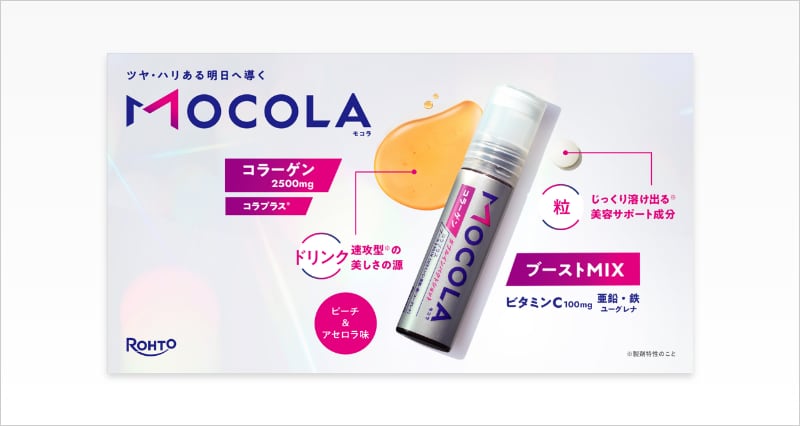This is according to India-based contract research organization Vedic Lifesciences.
It also believes that future research could explore how age-related cognitive decline affects eye health, especially with a growing aging population across the world.
One of the company’s recent eye health research was conducted with AstaReal on how astaxanthin supplementation has shown to reduce chronic and acute digital eye strain in school-aged children.
The seven-week intervention took place in India and involved 64 children experiencing mild to moderate computer vision syndrome (CVS).
They were randomized to take either 4-mg of astaxanthin or placebo soft capsules and it was found that astaxanthin supplementation has significantly improved CVS questionnaire scores, as well as visual fatigue.
The research was also shortlisted as one of the finalists in NutraIngredients-Asia Awards 2025, under the category of Editors’ Award for Infant and Child Nutrition Initiative.
Children’s eyes
Interest in children’s eye health research has been growing especially after COVID-19, Kriti Chaudhary, Head of Business Development at Vedic Lifesciences, told NutraIngredients.
“This interest in eye health has become even more after COVID-19 as many schools started digital programs during lockdown which led to increased screen time for the kids,” she said.
While lutein, fish oil, astaxanthin, zeaxanthin, and other polyphenols and carotenoids are the common types of ingredients studied in eye health clinical trials, ingredients such as citicoline have also emerged for their potential in improving eye health.
Other ingredients with growing eye health research are probiotics, cordyceps, red ginseng, saffron, sea buckthorn, krill oil and zinc, said Chaudhary, citing information derived from clinical trial registries.
For example, she pointed out that citicoline, together with vitamins A, B, C, E, and blackcurrant oral supplementation, has been studied on patients with primary open-angle glaucoma.
Findings of the research, published in Biomedicines in May, reported significant improvements in overall retinal nerve fiber layer (RNFL) thickness values in the intervention group as compared to the placebo group.
The thickness of retinal nerve fiber layer is a parameter studied as progressive thinning of this layer is a hallmark of glaucoma.
The study involved 30 patients between 33 and 68 years old, where they were randomized to take supplements containing citicoline and vitamins or the placebo. They took the supplement or the placebo for 20 consecutive days each month over a year.
According to the researchers, the improvement in RNFL thickness could be due to citicoline supporting neuronal membrane integrity and neurotransmitter function.
Vitamins A, C, and E, and blackcurrant extracts, on the other hand, have provided synergetic benefits with its antioxidative effects.
Red ginseng and cordyceps, on the other hand, have been studied for dry eye symptoms.
A pilot study conduct in Taiwan, with findings published in 2022, reported that supplementation of cordyceps - a traditional Chinese medicinal fungus - has significantly increased tear film breakup time.
Tear film breakup time is a common clinical test used to diagnose dry eye disease.
A tear film breakup time of less than 10 seconds suggests an abnormal tear film and a breakup time of less than five seconds is indicative of dry eye.
New areas for research
Aside from dry eye, digital eye strain, and under eye skin appearance, the CRO believes that the eye-brain axis, as well as how age-related cognitive decline affects eye health, are topics worthy of further exploration.
Chaudhary explained that such research would be relevant to the growing aging population around the world.
“Longevity and healthspan is something that is really trending now and people are looking for healthy aging options.
“One big part of aging is the decline in eyesight and cognitive function, so we want to study how vision is connected to aging in people around the age of 60 who are having some eye health issues.
“We want to see how the supplement will benefit them, whether it improves the vision, whether it improves memory, whether it improves focus and alertness. This is something that we want to do but haven’t done so far,” she explained.





